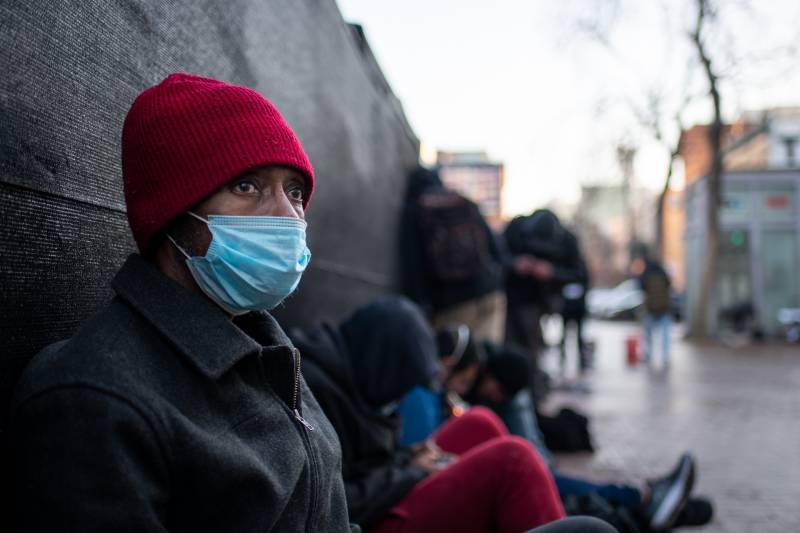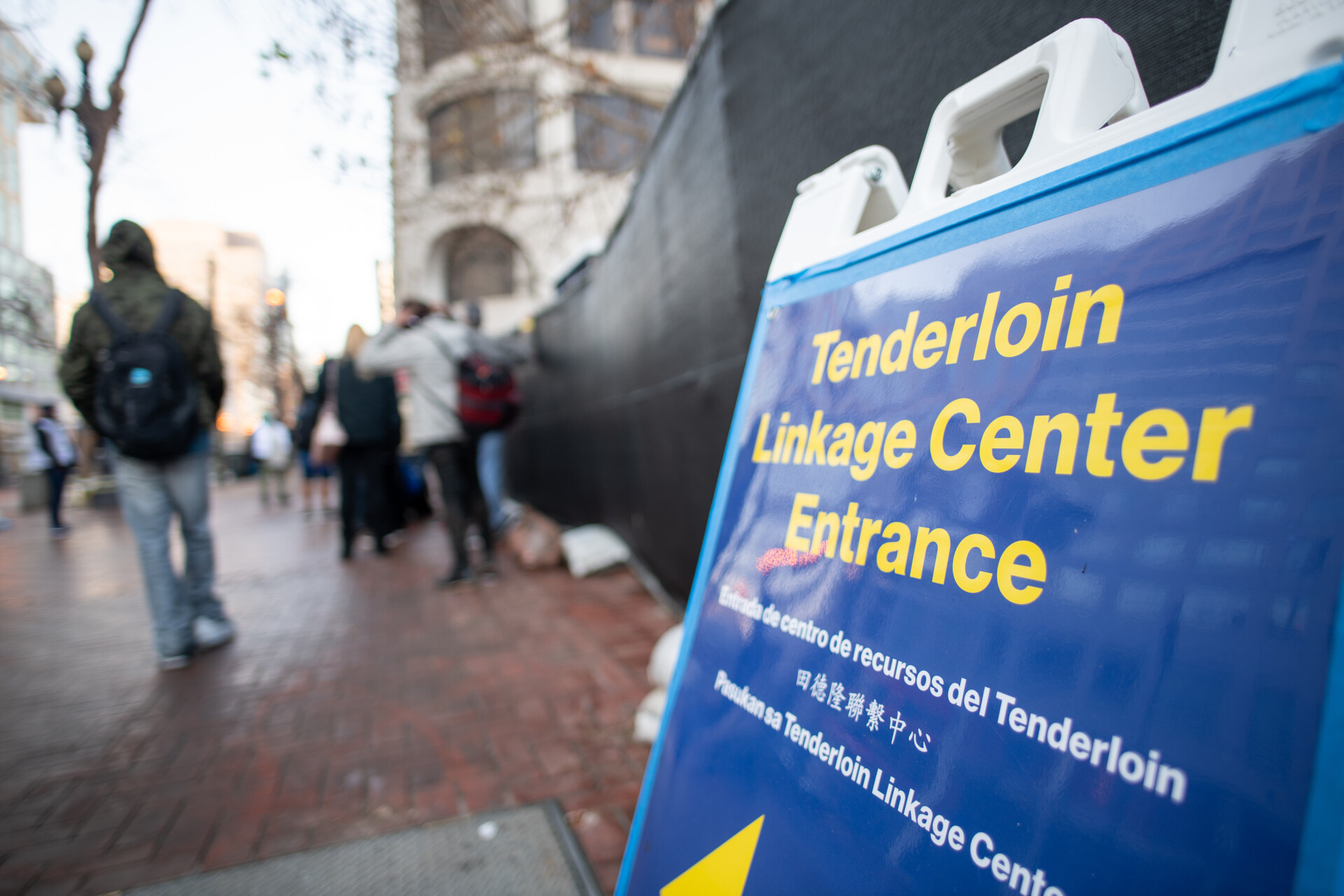Update, 2:10 p.m. Monday: With the recent closing of the Tenderloin Center, local officials have expressed support for opening overdose prevention programs in the city.
"The city attorney has been clear that he would support a nonprofit moving forward with New York’s model of overdose prevention programs, which the U.S. Department of Justice has not taken action on," said Jen Kwart, spokesperson for San Francisco City Attorney David Chiu. "Under New York’s model, the sites are not operated on city property, with city staff, or with city funding for that use. We continue to await guidance from the U.S. Department of Justice on how local jurisdictions can operate overdose prevention programs consistent with federal law."
According to officials in Mayor London Breed's office, she is waiting for the Department of Justice to provide legal guidelines on opening an overdose prevention program and defers to the city attorney’s office on legal questions around these sites.
"The Tenderloin Emergency Initiative has helped us move forward a lot of positive efforts and outcomes, like deploying Urban Alchemy ambassadors to help stabilize many blocks in the neighborhood, helping hundreds of people into shelter and housing, and preventing overdoses that have saved countless lives," according to a statement from Breed's office. "The Tenderloin Center has supported this work, and it has provided a respite from the street for many, helped prevent many overdoses, and connected people to services. We tried something new, knowing there will be successes and lessons learned, and an opportunity to build and grow from there."
Former staffers of the Tenderloin Center shared their concerns about the closure and the impact it could have on people seeking harm-reduction services.
"We refer people to other organizations ... that provide similar services. But the main attraction, possibly the most important service, I would say that we provided isn't happening anywhere, which is safe consumption," said staffer Bill Buehlman. "We revived people almost every day. I think the most amount of people reversals on one shift that I supervised was six overdose reversals."
Cleo Jenkins, manager of HealthRight 360's program at the Tenderloin Center, was saddened by the closure.
"You don't feel the impact of the closure until you actually see it come to the end. It's horrible. It's despicable," said Jenkins.
Original story, 3:09 p.m. Friday: On Sunday, Dec. 4, the day the Tenderloin Center closed, Vitka Eisen saw people she hadn’t seen in months. Visitors who had come to the site when it first opened in January stopped by to deliver thank-you cards, or give social workers updates on their housing situation.
“It was really poignant,” said Eisen, president and CEO of HealthRight 360, one of several nonprofits that provided housing and drug treatment services at the walk-in facility, the city's only supervised drug-consumption site, located in United Nations Plaza.
Eisen noted that many of the regulars she spoke to said they were disappointed but not surprised.

